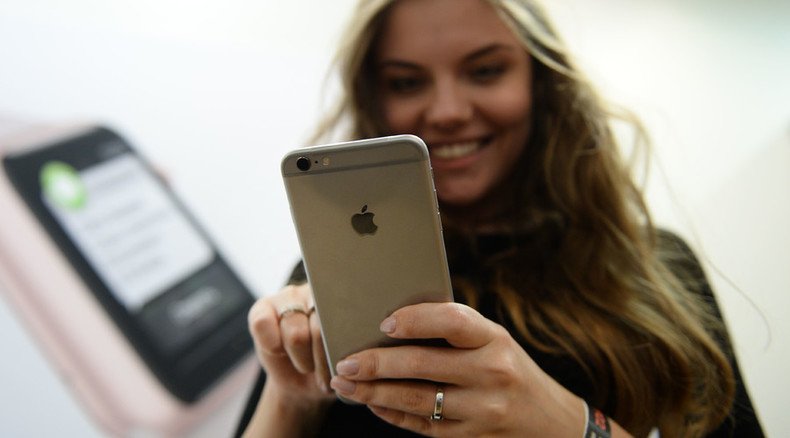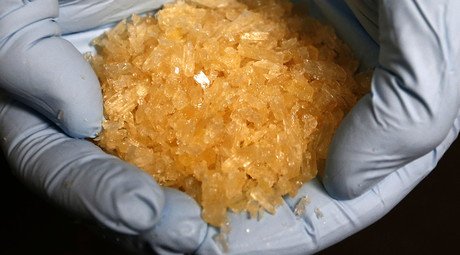Sharing germs? Twitter can predict disease outbreaks, give early warning

Monitoring the Twitter accounts of people who feel ill has been used to create an early-warning system for outbreaks of illnesses such as norovirus, the chief scientist of the Food Standards Agency (FSA) has revealed.
Professor Guy Poppy told an audience at the Wellcome Trust on Wednesday the new monitoring system could be used to help hospitals prepare for outbreaks.
The project tracked hashtags related to illness, and used software to discover spikes in similar uses of language.
Poppy said the software had predicted “several” outbreaks of norovirus up to two weeks before Public Health England.
“Twitter could be a good way of picking up early indications of issues surrounding food,” he said.
“We can use it to provide a causal link between people tweeting and the outbreaks happening.
“The next stage is to start predicting outbreaks and then working with organizations such as the NHS [National Health Service] towards what we can do about that.
“This can help prepare hospitals and we are working with PhD students to explore what else we might be able to use the information for in terms of food and business.”
The professor said the “big data” generated by tweets and social media posts could also be useful when examining people’s cooking and eating habits.
The FSA is responsible for maintaining food safety and hygiene in the UK.
“It is important to know what food appliances people are using,” he said. “Cookers that cook at different temperatures will affect food safety.
“This project has been a fascinating learning curve into who the consumer is.”
The project could also save the government money. A report released by the Parliamentary Office for Science and Technology in 2014 estimated that infectious diseases cost the NHS, labor market and the individual £30 billion each year.
The report called infectious diseases “a major health and economic burden.”
Currently, the report notes, surveillance is one of the main ways infectious diseases are monitored.
“It involves monitoring symptoms reported to doctors and NHS Direct, reports of microbes isolated by laboratories, and information on the spread of antimicrobial resistance,” it states.
It adds that “traditional methods” used in surveillance “can be time consuming and [don’t] always provide information on transmission chains.”












